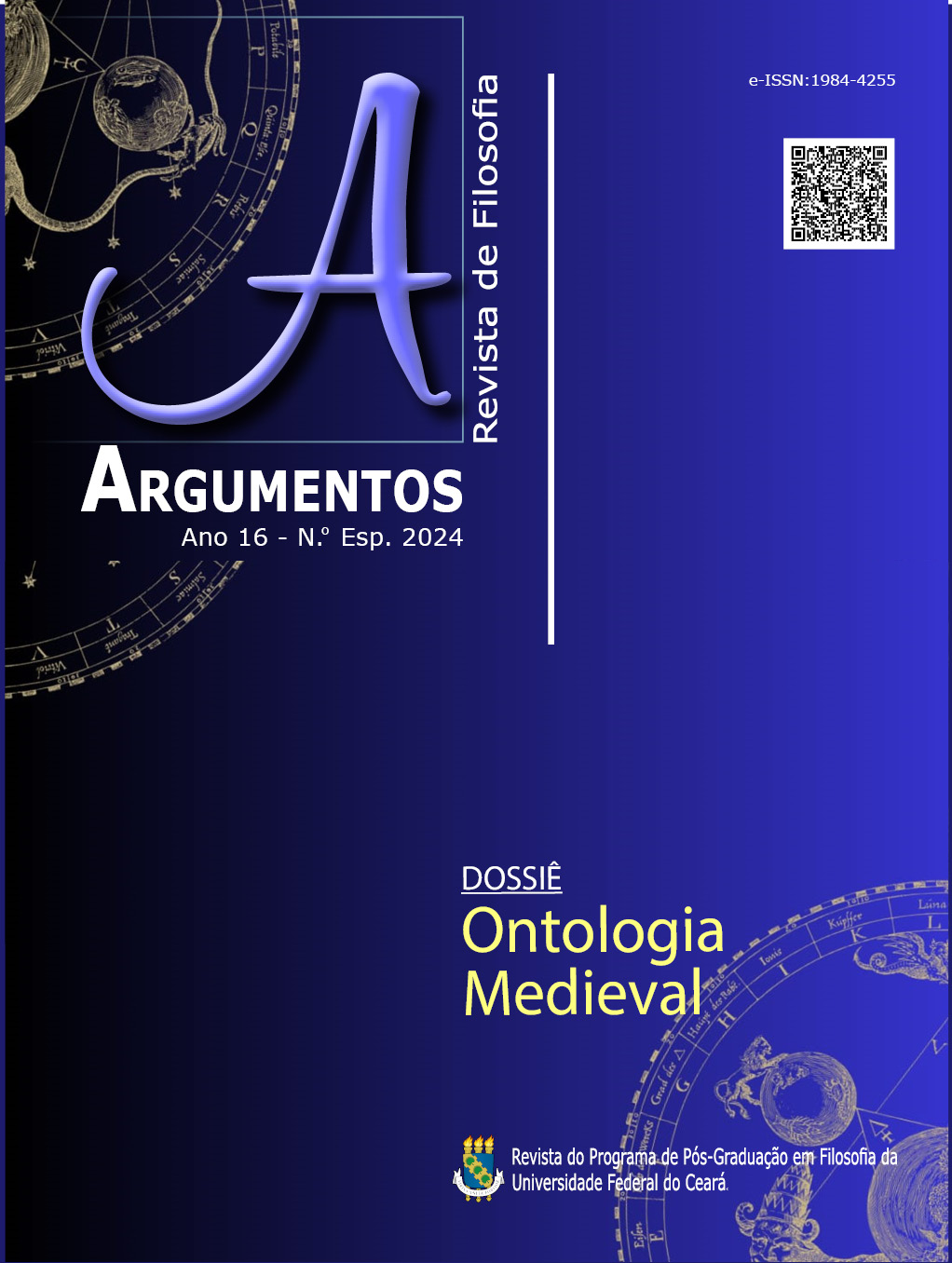Can cruelty be pious? Considerations on the concept of Pious Cruelty in Machiavelli’s The Prince
Keywords:
Machiavelli. Politics. Cruelty. Religion. Pious.Abstract
Although cruelty is a kind of irrationality in the human condition, this phenomenon, cruelty, has an instrumental aspect in political literature, according to the theoretical framework of authors such as Machiavelli. In this sense, cruelty acts in different spheres and can be used in favour of objectives that are in line with political reasons, converting something that is admittedly evil into a means to essential ends. However, even a powerful “mechanism” of domination like cruelty can increase its effects when related to a somewhat contradictory phenomenon: religion. In the XXI chapter of The Prince, What befits a prince to be esteemed, we can see a unique example of this association between cruelty and religion in the political actions of the Spanish king Ferdinand of Aragon, “the Catholic king”, against the “Marranos”. It was an action full of the use of the aforementioned elements, religion and cruelty, at their highest level. By “always making use of religion”, “in order to accomplish greater deeds”, Ferdinand of Aragon commits a transgression, but one that is namely pious, being, as the oxymoron itself indicates: Pious Cruelty. Based on this example, we hypothesize that cruelty can be justified through religious rhetoric and, within Machiavelli’s political work, considered to be pious. In the first part of the research, we will generally develop the theme of cruelty and religion in Machiavelli’s political work, while in the second and final part, we will relate cruelty to religion and thus demonstrate how this association between cruelty and piety (religion) culminates in Pious Cruelty.
References
ANDREW, E. The foxy prophet: Machiavelli versus Machiavelli on Ferdinand the Catholic. History of Political Thought, v. 11, n. 3, 1990, p. 409-422.
CARDOSO, S. Maquiavelianas: lições de política republicana. São Paulo: Editora 34, 2022.
CASSIRER, E. O mito do Estado. Trad. Álvaro Cabral. Rio de Janeiro: Ed. Zahar Editores, 1976.
COLISH, M. L. Republicanism, religion and Machiavelli’s Savonarolan moment. Journal of the History of Ideas, Pennsylvania, v. 60, n. 4, 1999, p. 597-616.
CUNTINELLI-RÈNDINA, E. Chiesa e religione in Machiavelli. Pisa; Roma: Instituto Editoriali; Poligrafici Internazionali, 1998.
DE GRAZIA, S. Maquiavel no inferno. São Paulo: Companhia das Letras, 1993.
KORVELA, P.-E. Machiavelli’s critique of Christianity. Redescriptions. Yearbook of Political Thought and Conceptual History, v. 9, n. 1, 2005, p. 183-213.
MACHIAVELLI, N. Tutte le opere. Secondo Edizione di Mario Martelli. Milano: Bompiani Il pensamento occidentale, 2018.
MAQUIAVEL. Comentários sobre a primeira década de Tito Lívio. 3. ed. Trad. Sérgio Bath. Brasília: Editora Universidade de Brasília, 1994.
MAQUIAVEL. O Príncipe. Trad. Maria Júlia Goldwasser. São Paulo: Martins Fontes, 2004.
PRICE, R. The theme of gloria in Machiavelli. Renaissance Quarterly. v. 30, n. 4, 1977, p. 588-631.
SKINNER, Q. As fundações do pensamento político moderno. São Paulo: Companhia das Letras, 1996.
VIROLI, M. Machiavelli’s God. Princeton: Princeton University Press, 2010.
Downloads
Published
Issue
Section
License
Copyright (c) 2024 Bruno da Silva

This work is licensed under a Creative Commons Attribution 4.0 International License.
Argumentos magazine is licensed under an International Creative Commons Attribution License.
The Magazine uses CC BY inclusion
1) The authors retain the copyright granted to the magazine or the right to initial publication, with the work regularly licensed under the Creative Commons Attribution, which allows the sharing of the work with acknowledgment of authorship and initial publication in this magazine.
2) The authors are authorized to contract additional applicable contracts, for non-exclusive distribution of the version of the work published in this journal (for example, publication in the institutional repository or as a chapter of the book), recognition of authorship and initial publication in this journal.
3) Authors are authorized and encourage to publish and distribute their work online (for example, in institutional repositories or on their personal pages) at any time before or during the editorial process, as they can generate productive changes, as well as increase the impact and reference of published work.




.jpg)










._._3.png)
1.jpg)
._._._.png)
